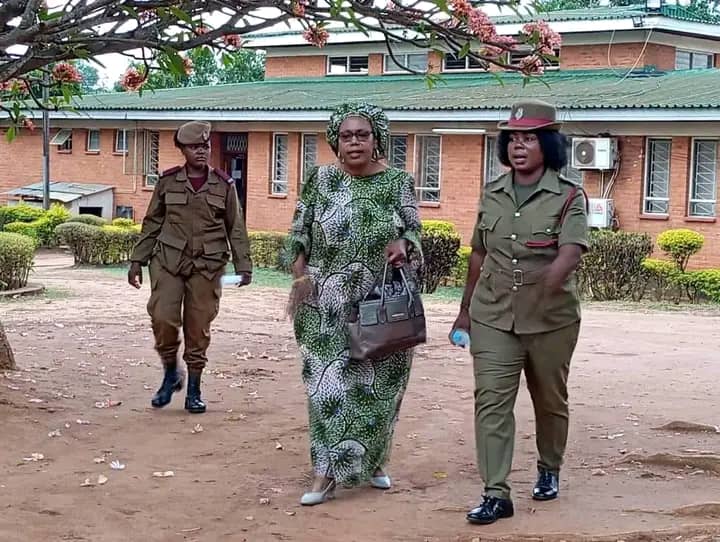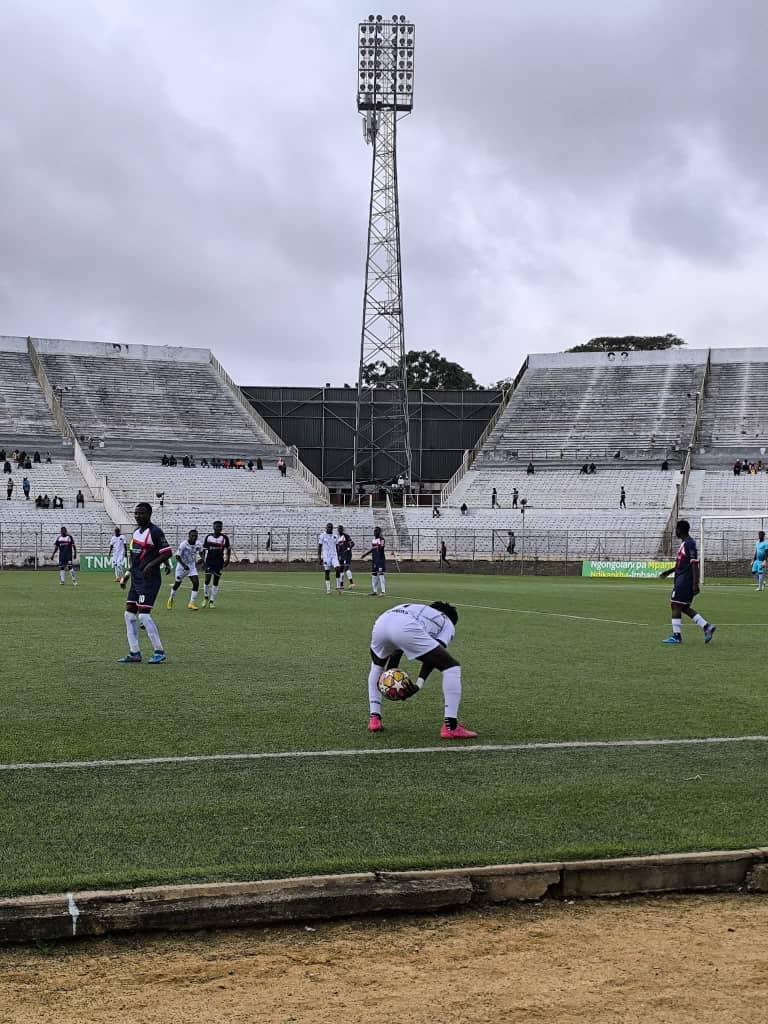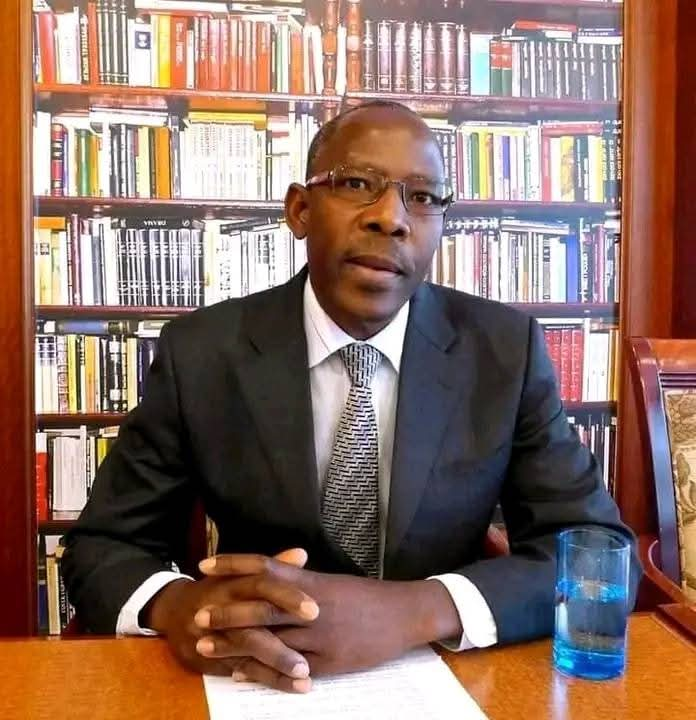By Burnett Munthali
The recent sentencing of Annie Mumba to 53 years in prison for the murder of her husband, Professor Peter Mumba, has sent shockwaves through the community, forcing us to confront the delicate and sometimes fragile nature of trust within families. This tragic case is more than just a crime; it represents a profound betrayal, shaking our beliefs about family loyalty and raising important questions about the dynamics of trust and betrayal in the most intimate of relationships.
Trust forms the core of any family unit, built on mutual care, understanding, and the implicit belief that family members will act in each other’s best interests. It’s a silent contract that assumes family will be a source of safety and support. However, when that trust is broken—particularly in such a violent and irreversible way—the emotional devastation is profound, reaching beyond the immediate family to affect the entire community. The Mumba case illustrates how betrayal can uproot the very foundation upon which families are built, replacing love and safety with fear and mistrust.
Betrayal within families can manifest in many forms—dishonesty, infidelity, manipulation, neglect—but when it culminates in violence, it is a stark reminder of the worst human impulses, hidden behind a facade of family bonds. In the Mumba case, this betrayal is particularly striking. Here was a man who devoted himself to his family and his career, only to have his life taken by the person he trusted most. The decision by Annie Mumba to resort to poisoning as a means to an end is a chilling example of how betrayal can lead to incomprehensible actions, shaking the moral compass of all who hear of it.
One of the difficult aspects of trust is its vulnerability to hidden resentments, unmet expectations, or unresolved conflicts, which can sometimes lie dormant for years before surfacing in damaging ways. When communication and empathy within a family break down, small fractures can develop into chasms, creating a breeding ground for betrayal. In some cases, unresolved conflicts or grievances may escalate, leading to tragic consequences, as we’ve seen here.
The impact of betrayal on the larger community cannot be ignored. Friends, colleagues, and neighbors, who respected Professor Mumba as a scholar and family man, are left to grapple with the unsettling reality that betrayal can occur even in seemingly strong families. This case is not only a call for justice but also a sobering reminder of the need to nurture and protect the bonds of trust within our own families.
To rebuild after betrayal, family members who have not been directly involved must now try to find a path toward healing, often seeking answers that may never fully satisfy their grief. For some, closure may come through the legal system; for others, it is an ongoing process that demands resilience and support from friends and community members who understand the devastating impact of trust shattered within the family.
The case of Annie and Peter Mumba is a painful lesson in the fragility of trust within families. It reminds us that trust requires nurturing, honesty, and empathy to endure. Family is a place where each member should feel safe, not vulnerable; where mistakes can be forgiven, but not at the cost of safety or respect.




